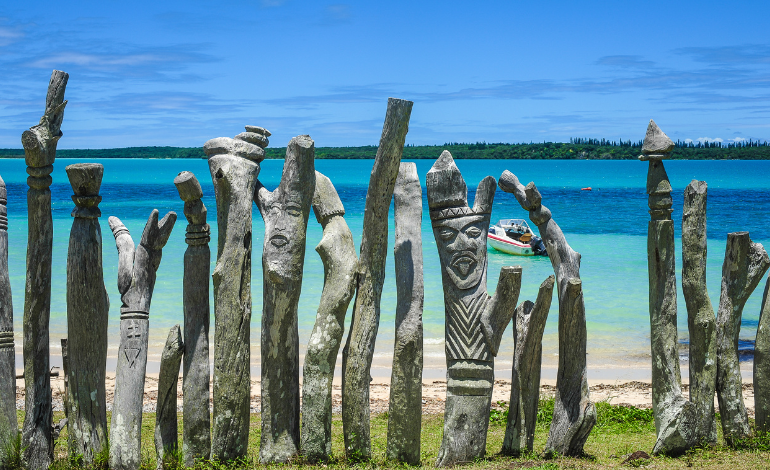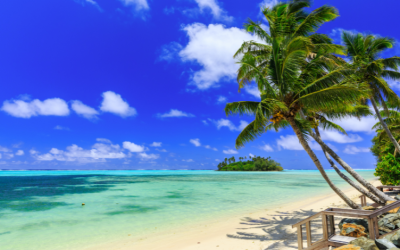The Vanuatu Private Sector Economic update for 2023 highlights several positive trends in Vanuatu’s economy despite the challenges posed by the pandemic. Most businesses successfully weathered the crisis, limiting permanent closures and unemployment. Since the reopening of borders, many businesses have experienced a robust recovery. Additionally, the country managed to avoid substantial debt accumulation during this period.
 There has been a significant increase in economic activity, with 72% of surveyed businesses reporting turnover levels at least matching those of 2019. Government expenses, remittances, aid, kava exports, and tourism have been key drivers of this economic growth. Government spending rose substantially, funded in part by revenue from citizenship sales, while remittances and aid also saw considerable increases.
There has been a significant increase in economic activity, with 72% of surveyed businesses reporting turnover levels at least matching those of 2019. Government expenses, remittances, aid, kava exports, and tourism have been key drivers of this economic growth. Government spending rose substantially, funded in part by revenue from citizenship sales, while remittances and aid also saw considerable increases.
Kava exports experienced a remarkable surge, growing by 366% from 2014 to 2022, indicating a thriving industry both domestically and internationally. The domestic kava market is estimated to be twice the size of the export market, benefiting local farmers.
However, challenges persist in other sectors. Traditional industries such as coconuts and cattle have declined significantly over the past decade, facing various obstacles. There are concerns regarding the availability, affordability, and quality of fruit and vegetables, highlighting ongoing issues in the agricultural sector.
Overall, while certain sectors like kava production demonstrate success, there is a need for further analysis and action to address challenges in other areas of the economy.
Tourism remains vital
Tourism remains integral to Vanuatu’s economy, contributing to the recovery of both tourism and non-tourism businesses since the reopening of borders. While not a primary driver of recent growth, tourism spending supports various sectors within the economy. Air arrivals increased by 11% from 2014 to 2019, while cruise arrivals declined by 39% over the same period. Despite a slight rise in tourism receipts, tourism’s share of GDP decreased from 37% to 31%. Since borders reopened, tourism numbers have been slowly recovering, with air arrivals reaching 71% of 2019 levels for the first seven months of 2023.
“A functioning and reliable Air Vanuatu is critical to the economic success of Vanuatu. So much economic business is driven by tourism and, whether directly or indirectly, government revenue and business deeply rely on our national airline,” writes Nik Regenvanu, Consultant and Business Advisor Pacific Banking and Finance Specialist, in the report.
Stimulus packages, such as those released by the VNPF post-cyclones, have further supplemented the economy. Population growth, estimated at 21% from 2014 to 2022, has also contributed to increased spending and economic activity. However, real GDP per capita has seen a decline over the years, with 2021 figures 10% lower than in 2009. Despite a significant rise in real GDP, GDP per capita has remained relatively stagnant due to population growth.
With a current GDP per capita of USD 3,291, Vanuatu requires rapid economic growth to achieve its societal objectives and mitigate the impacts of climate change. This necessitates the development of productive capacity to ensure sustainable progress.
“With real GDP growth forecast to grow at only 2.9% annually over the next decade Vanuatu remains extremely vulnerable to high population growth and economic shocks including natural disasters, weak tourism numbers and inflation,” Regenvanu writes.
Download the report here.



